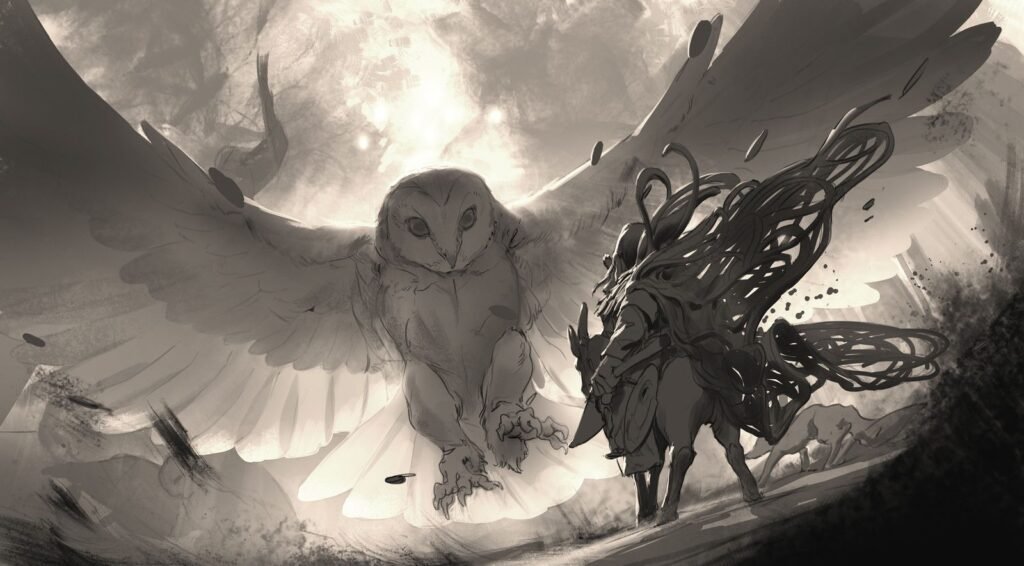Has the digital landscape irrevocably altered how we consume manga? The whispers in online forums, the sudden domain shifts, and the lamentations of dedicated fans suggest a turbulent period for online manga platforms, particularly for those operating outside the boundaries of copyright law. The case of MangaOwl, a once-popular hub for manga enthusiasts, offers a compelling glimpse into this evolving world.
MangaOwls recent migration from mangaowl.net to mangaowl.to has sent ripples through the online manga community. Users awoke to find their meticulously curated collections vanished, their reading progress reset, and a login feature conspicuously absent. This abrupt transition underscores the precarious nature of platforms hosting copyrighted material without authorization. While the sites operators haven't publicly addressed the reasons behind the move, speculation abounds, with many pointing to increasing pressure from copyright holders and legal authorities. This is not an isolated incident; similar platforms have faced takedown notices and domain seizures, highlighting the ongoing battle between copyright protection and free access to content online.
| Platform Name | MangaOwl |
| Previous Domain | mangaowl.net |
| Current Domain (as of writing) | mangaowl.to |
| Content Type | Manga, Manhwa, Manhua (scanlations) |
| Legal Status | Unlicensed/Illegal distribution of copyrighted material |
| Key Features (Historically) | Extensive library, user collections, reading progress tracking |
| Current Status of Features | Potentially unstable; user data loss reported; login functionality may be absent or intermittent |
| Reference | Copyright Infringement (Wikipedia) |
The allure of MangaOwl, and similar platforms, lies in their vast libraries and accessibility. They offer a seemingly endless supply of manga, often including titles not readily available through legitimate channels or at affordable prices. Popular series like Naruto, Bleach, One Piece, Fairy Tail, and more are available at a click, attracting a massive global audience. This convenience, however, comes at a cost. The illegality of these sites not only jeopardizes their long-term stability, as seen with MangaOwls domain hop, but also poses risks to users, who may be exposed to malware or phishing scams.
The debate surrounding access to manga online is complex and multifaceted. Many users defend their use of illegal sites, citing financial constraints or the lack of official translations for certain titles. However, the impact on the manga industry cannot be ignored. Copyright infringement deprives creators and publishers of their rightful earnings, potentially hindering the creation of new works. This situation necessitates a wider discussion on the accessibility and affordability of legitimate manga platforms, ensuring that fans have viable alternatives while protecting the intellectual property of creators.
MangaOwl's transition provides a valuable lesson in the transient nature of illegal online content platforms. While offering a tempting buffet of free manga, these sites operate in a legal gray area, constantly at risk of disruption. The disappearance of user data, as experienced by MangaOwl users, serves as a stark reminder of the risks involved. The future of online manga consumption hinges on finding a sustainable balance between accessibility and copyright protection, a challenge that requires collaboration between creators, publishers, and readers alike. This may involve expanding official digital distribution channels, offering more affordable subscription models, and promoting greater awareness of the importance of supporting the manga industry through legal means.
For the dedicated manga fan, the MangaOwl saga is a cautionary tale. While the desire for free access is understandable, the instability and risks associated with these platforms should not be ignored. The long-term health of the manga ecosystem depends on a collective effort to foster legal and sustainable models of consumption, ensuring that both creators and fans can thrive.
The vibrant online manga community, with its millions of members, deserves a stable and reliable platform to connect and discuss their favorite series. Whether that future lies in established platforms, evolving legal streaming services, or innovative new models remains to be seen. However, the conversation surrounding access, legality, and the rights of creators and consumers must continue, shaping a future where manga can be enjoyed by all, while respecting the hard work and dedication of those who bring these stories to life.


